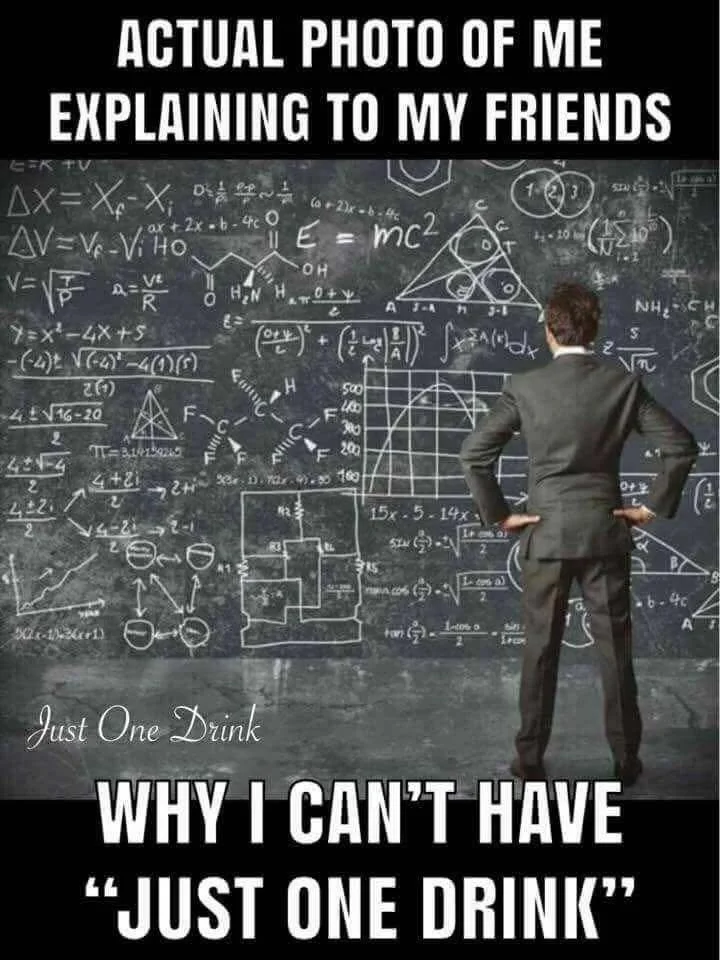
The Allergy Concept in AA
The Big Book describes alcoholism as having a physical component that manifests like an allergy
This "allergy" creates an abnormal physical reaction to alcohol in some individuals
Unlike typical allergies, this reaction involves an uncontrollable craving once alcohol enters the system
Physical Manifestation
The allergic reaction doesn't occur before drinking, but after alcohol consumption begins
Creates a physical compulsion that makes it extremely difficult to stop once started
Explains why some people cannot drink "normally" or in moderation
Mental Component
Works alongside what the Big Book calls a "mental obsession"
The physical allergy and mental obsession create a cycle that traps the alcoholic
Helps explain why willpower alone is often insufficient
Practical Implications
Suggests that complete abstinence is necessary, not moderation
Provides a framework for understanding why controlled drinking typically fails
Offers hope by framing alcoholism as a medical condition rather than a moral failing
"Frank the Tank" - A Cinematic Glimpse into the Nature of Alcoholism
The 2003 comedy "Old School" features a poignant, albeit humorous, scene that inadvertently sheds light on the insidious nature of alcoholism. Will Ferrell's character, Frank, transforms into "Frank the Tank" after taking "one" drink at a party, despite his initial reluctance. This scene serves as a powerful allegory for understanding the concept of alcoholism as described in the Big Book of Alcoholics Anonymous, particularly the ideas of the "allergy" to alcohol and the inability of true alcoholics to control their drinking once they start.
The Scene: Frank's Transformation In the film, Frank is a newly married man who reluctantly attends a college party. He initially declines alcohol, stating he has "a big day tomorrow." However, peer pressure leads him to agree to "one" drink. This single drink catalyzes a dramatic transformation. Frank quickly becomes "Frank the Tank," engaging in excessive drinking and outrageous behavior, culminating in a public streak through the town.
The Illusion of Control
Frank's initial belief that he can have "just one" drink mirrors a common misconception among alcoholics. The Big Book of Alcoholics Anonymous states:
"The idea that somehow, someday he will control and enjoy his drinking is the great obsession of every abnormal drinker." (p. 30)
Frank's rapid loss of control after the first drink illustrates this principle vividly.
The Allergy Concept
The Big Book introduces the concept of alcoholism as an "allergy," stating:
"The doctor's theory that we have an allergy to alcohol interests us. As laymen, our opinion as to its soundness may, of course, mean little. But as ex-problem drinkers, we can say that his explanation makes good sense. It explains many things for which we cannot otherwise account." (p. xxvi)
Frank's dramatic personality change after drinking can be seen as a manifestation of this "allergy." His reaction to alcohol is abnormal and extreme, much like an allergic reaction.
The Phenomenon of Craving
Once Frank starts drinking, he cannot stop, leading to excessive consumption and behavior. This mirrors the Big Book's description of the "phenomenon of craving":
"This phenomenon, as we have suggested, may be the manifestation of an allergy which differentiates these people, and sets them apart as a distinct entity." (p. xxviii)
Personality Change
Frank's transformation into "Frank the Tank" is a comedic exaggeration of the personality changes often observed in alcoholics when drinking. The Big Book notes:
"He may be perfectly sensible and well balanced concerning other matters, yet when drink is discussed he behaves like a fool." (p. 85)
Consequences and Denial
Despite the public embarrassment and potential marital problems resulting from his behavior, Frank seems oblivious to the consequences. This denial is characteristic of alcoholic thinking, as described in the Big Book:
"The alcoholic at certain times has no effective mental defense against the first drink. Except in a few rare cases, neither he nor any other human being can provide such a defense. His defense must come from a Higher Power." (p. 43)
The Nature of Alcoholism: It's Not About Quantity or Frequency
Frank's transformation highlights a crucial aspect of alcoholism: it's not defined by how often one drinks or how much, but by what happens when one does drink. The Big Book emphasizes: "The fact is that most alcoholics, for reasons yet obscure, have lost the power of choice in drink. Our so-called will power becomes practically nonexistent. We are unable, at certain times, to bring into our consciousness with sufficient force the memory of the suffering and humiliation of even a week or a month ago. We are without defense against the first drink." (p. 24)



